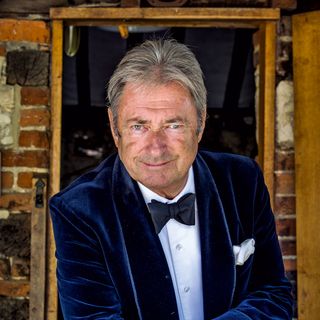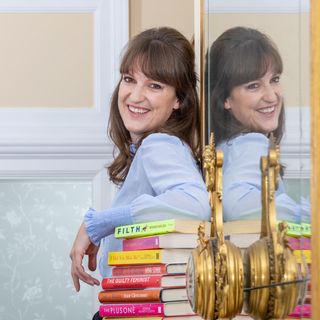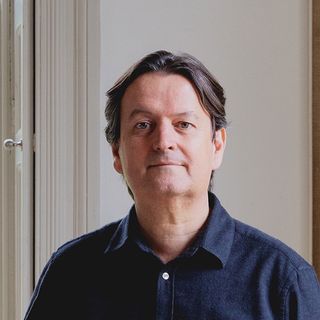-
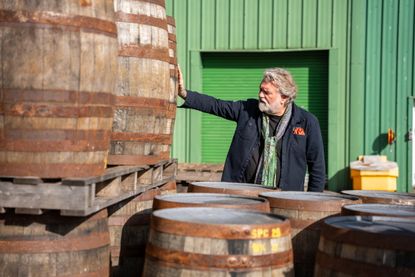
For Hairy Biker Si King, the secret ingredients will always be hard work and community
By Molly Pepper Steemson
-
-
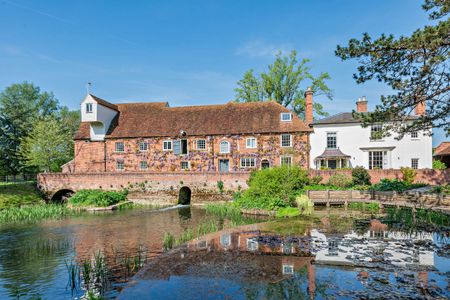
This 18th century watermill saved from the verge of collapse has become a spectacular 21st century home
By Toby Keel
-

What do Taylor Swift, Guy Ritchie and The King have in common? They all love a 200-year-old fabric born in Scotland’s textile mills
By Julie Harding
-

Reimagined by Sir Edwin Lutyens for Victoria Sackville-West, a Brighton home for sale in the Regency square that inspired 'Alice in Wonderland'
By Annabel Dixon
-
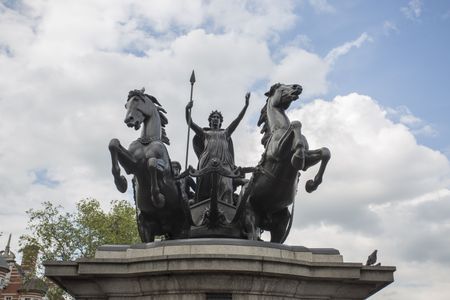
From Boudica to Bohemian Rhapsody: how well do you know your queens? Find out in the Country Life Quiz of the Day, January 15, 2026
By Country Life
-

Three plants to grow in 2026 that are as delicious as they are pretty, from Siberian chives to 'Turkish warty cabbage'
By Mark Diacono
-

The Glovebox: Fashion that's fast and five of our favourite Concours for 2026
By James Fisher
-
Exquisite houses, the beauty of Nature, and how to get the most from your life, straight to your inbox.
People & Places
-
-

Six things that Britain should be proud of, from world-class restaurants and Championship-winning cars to the countryside
-

Gavin Plumley: Shakespeare’s country isn’t Stratford-upon-Avon, it’s the quiet and beautiful Herefordshire countryside where Hamnet was filmed
-
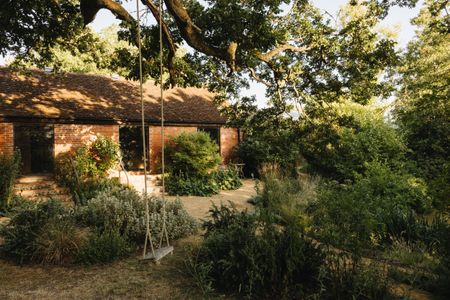
How an eco-friendly interior designer transformed a former milking parlour into a multi-purpose space in the middle of the Pandemic
-
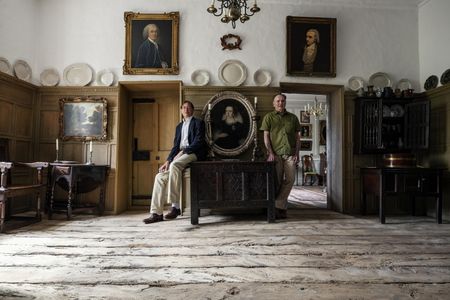
The 400-year-old floors perfectly preserved in the house that inspired Charles Dickens to create Miss Havisham's mansion
-
Property
View all Property-
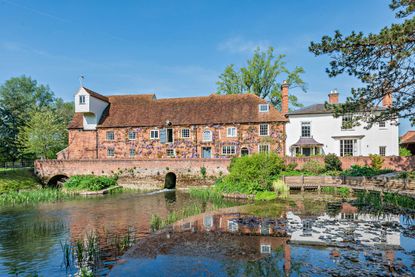
This 18th century watermill saved from the verge of collapse has become a spectacular 21st century home
By Toby Keel
-
-

Reimagined by Sir Edwin Lutyens for Victoria Sackville-West, a Brighton home for sale in the Regency square that inspired 'Alice in Wonderland'
By Annabel Dixon
-

Best country houses for sale this week
By Country Life
-
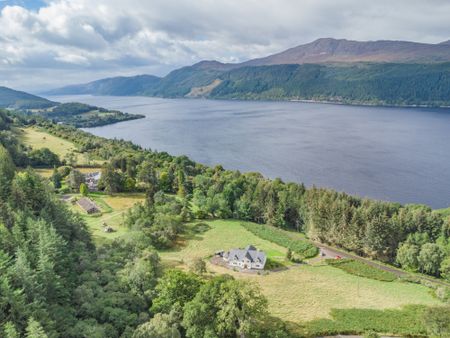
A six-bedroom Highland lodge on the shores of Loch Ness for the price of a modest London flat
By Julie Harding
-
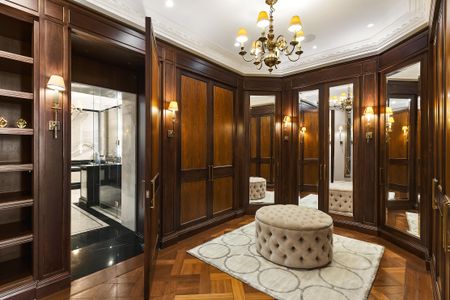
The world's grandest student house is for sale, with cinema, steam room, roof garden, and a starring role as Oscar Wilde's Bohemian hotspot
By Lotte Brundle
-

Six great country houses, from £1.2 million to £13.5 million, as seen in Country Life
By Toby Keel
-
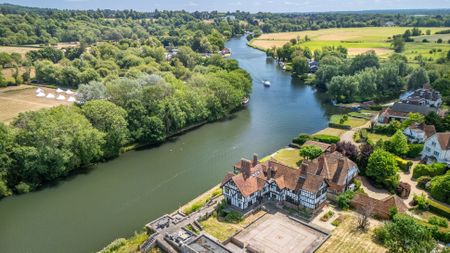
A 1960s pop star's 'iconic' mansion right by the water's edge in one of prettiest spots on the Thames
By Toby Keel
-
Our expert voices
Interiors
View All Interiors-
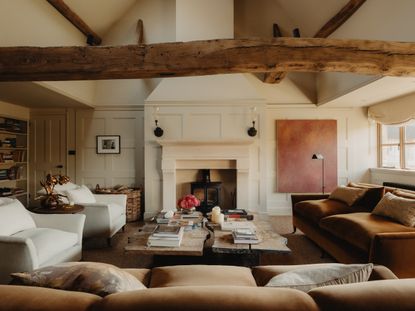
‘The pair drove to Belgium in their Mini and returned with the chair wrapped in duvets’: The mother-and-daughter duo that brought a converted Cotswolds barn back to life
By Arabella Youens
-
-

'You should need little reminding that the 1980s are back': Country Life's interior-design predictions for 2026
By Giles Kime
-

How an eco-friendly interior designer transformed a former milking parlour into a multi-purpose space in the middle of the Pandemic
By Grace McCloud
-
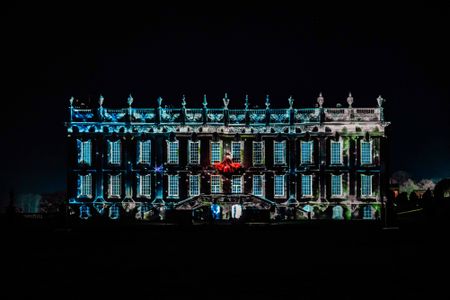
How Britain’s biggest and best country houses are decking the halls (and façades) for Christmas
By Bella Fulford
-
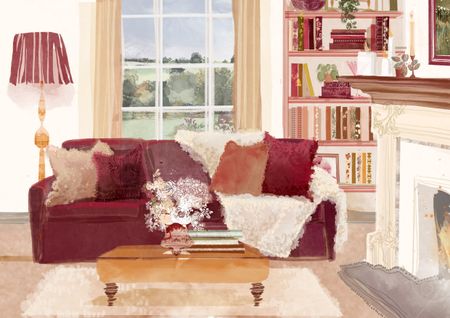
Giles Kime: Cushions, rugs, upholstered stools and sofa blankets are the ingredients of a pleasing new trend
By Giles Kime
-
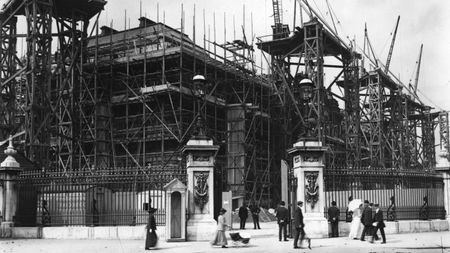
John Goodall: Restoration is 'an act of recycling', but we need a system that encourages it
By John Goodall
-
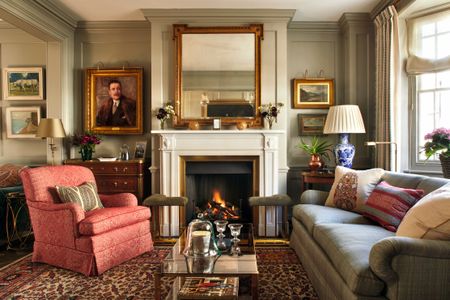
Making space in a Georgian terraced Chelsea cottage
By Arabella Youens
-
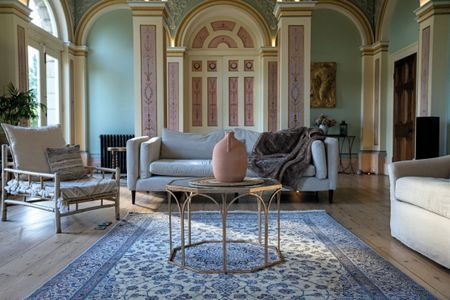
Moths and memories of the Russian Revolution: Why it's worth saving that tired old rug
By Catriona Gray
-
LIFE & STYLE
View All LIFE & STYLE-
-

What do Taylor Swift, Guy Ritchie and The King have in common? They all love a 200-year-old fabric born in Scotland’s textile mills
By Julie Harding
-

The Glovebox: Fashion that's fast and five of our favourite Concours for 2026
By James Fisher
-
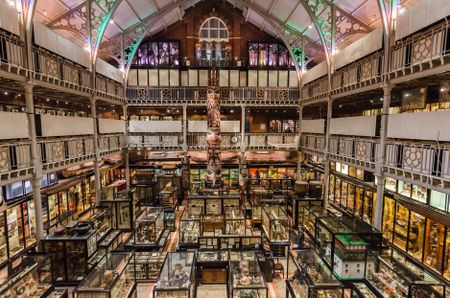
Make sure you don't skip these South of England art and history highlights
By Charlotte Mullins
-
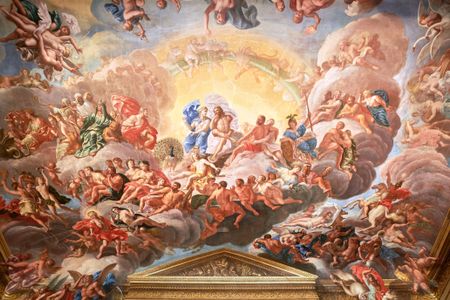
The seven artistic wonders of the Midlands to put on your bucket list
By Charlotte Mullins
-
COUNTRYSIDE
View All THE COUNTRYSIDE-
-

Hamnet won the top film award at the 2026 Golden Globes — but where in the British countryside was it filmed?
By Gavin Plumley
-
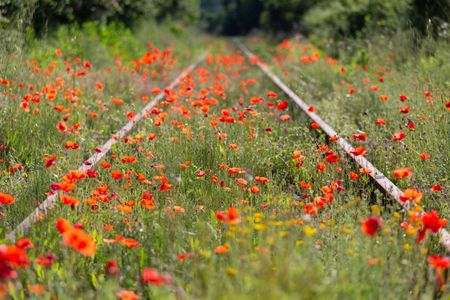
Endangered bumblebees, sifting spoonbills and trespassing tortoises: Britain's railway network is a wildlife haven
By Vicky Liddell
-

Two turtle doves: Why the endearing bird is an animal for all seasons, not just Christmas
By Mark Cocker
-
Gardens
View All Gardens-

Three plants to grow in 2026 that are as delicious as they are pretty, from Siberian chives to 'Turkish warty cabbage'
By Mark Diacono
-
-

Seeing the centuries old specimens of Carl Linnaeus in a new light
By Christopher Stocks
-
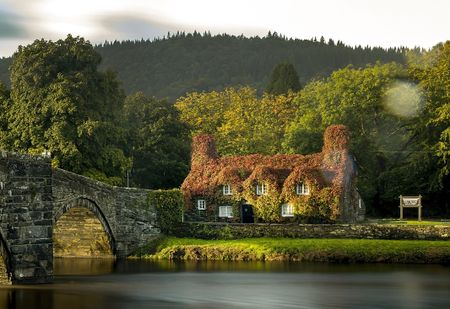
Alan Titchmarsh: Everything you think you know about ivy is probably wrong
By Alan Titchmarsh
-
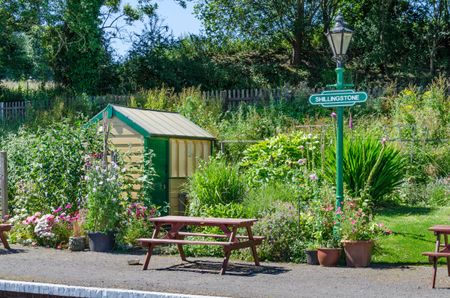
The railway station gardens that bring a touch of bucolic bliss to an ordinary train ride
By Andrew Martin
-
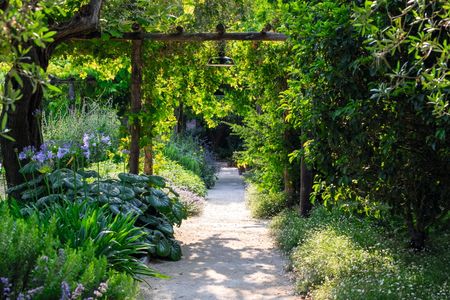
The Convent Garden of Il Redentore: A Venice masterpiece that's finally opened its gates after 450 years of total privacy
By Tim Richardson
-

Country Life's top 10 garden stories of 2025, from Alan Titchmarsh's hardy annuals to David Beckham's Cotswolds paradise
By Toby Keel
-
ART & CULTURE
View all ART & CULTURE-
-
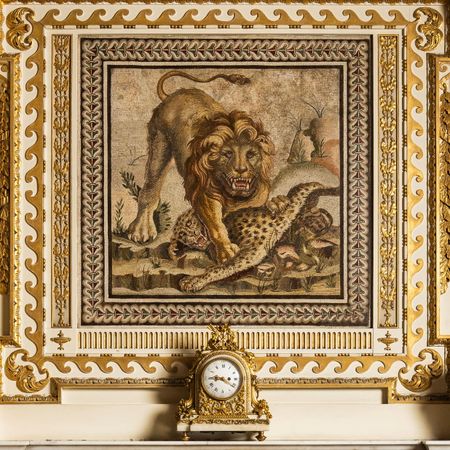
The 'micro mosaic' at Holkham Hall that uses a fascinating, unusual technique pioneered by the Vatican
By John Goodall
-
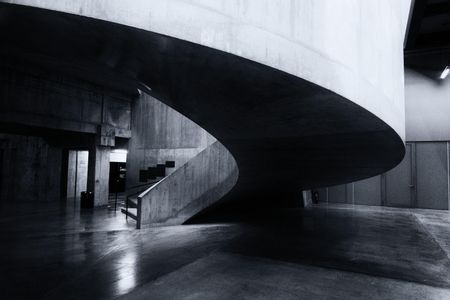
Tate-à-tête: The National Gallery’s promise to grow its modern-art collection risks reopening old wounds
By Will Hosie
-
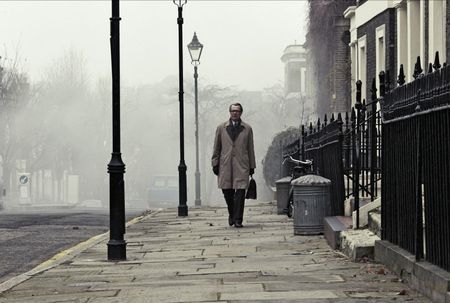
Forget Bond, the understated George Smiley is fiction's greatest spy
By Emma Hughes
-
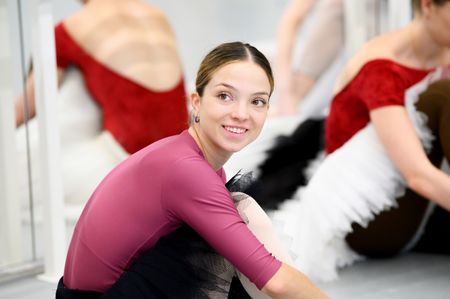
‘I wasn’t really sure that I wanted to be a ballet dancer’: The English National Ballet's prima ballerina on playing Clara in The Nutcracker and her consuming passions
By Lotte Brundle
-
Travel
View All Travel-
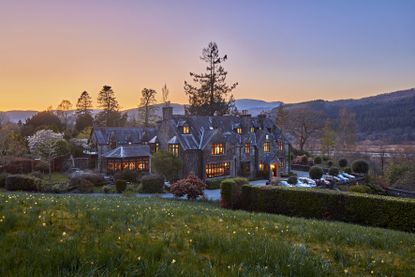
Above the clouds to beat the crowds: Where to stay in Wales if you want to conquer the 'other' Snowdon
By Tiffany Daneff
-
-
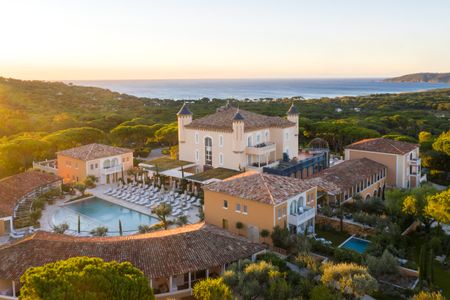
Inside the 19th century château in St Tropez where hotel guests are ferried to the beach in Rolls-Royces and season four of The White Lotus is about to start filming
By Rosie Paterson
-

Revelstoke is the heli-skiing capital of the world, where legendary powder, lethal lines and famous names collide
By Adam Hay-Nicholls
-

This new hotel medi-spa in Morocco has got tongues wagging for all the right reasons — and it’s nearly as big as The White House
By Jennifer George
-
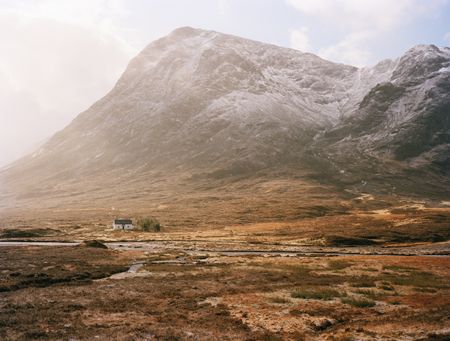
Country Life's top 10 travel articles of 2025, including the Scottish survival experience beloved by David Beckham and what a A-list ski resort does when it stops getting snow
By Rosie Paterson
-

The railway revolution: 'The most profound change to British society since the arrival of the Normans, perhaps even the Romans'
By Jonathan Self
-
Food & Drink
View All Food & Drink-

For Hairy Biker Si King, the secret ingredients will always be hard work and community
By Molly Pepper Steemson
-
-
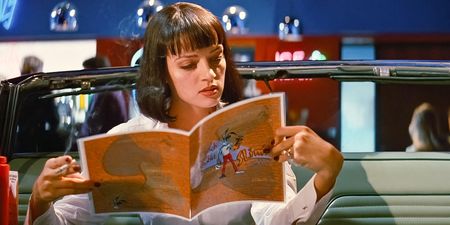
The enduring allure of menus from ancient civilisations to modern day, via the revolutionary France
By John F. Mueller
-
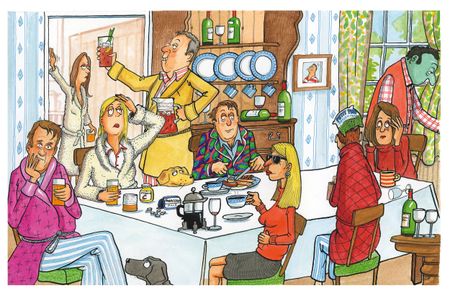
The 12 types of hangover, from 'Backwards Binoculars' to 'Titanic', and how to cure them all
By Olly Smith
-
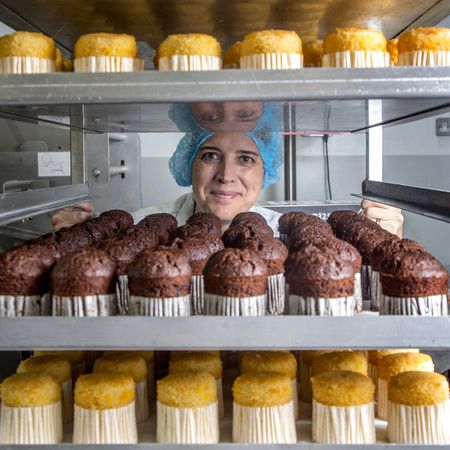
'We begin making in May and start packing and despatching in November — it’s carnage': How the Cotswolds' favourite cake-makers get ready for Christmas
By Jane Wheatley
-
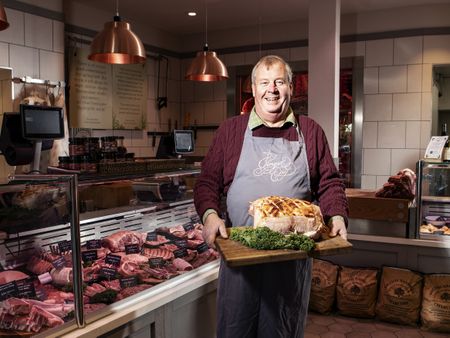
Tim Wilson of The Ginger Pig on the perfect Christmas ham
By Jane Wheatley
-

East London's salmon smokehouse is full of secrets
By Tom Howells
-
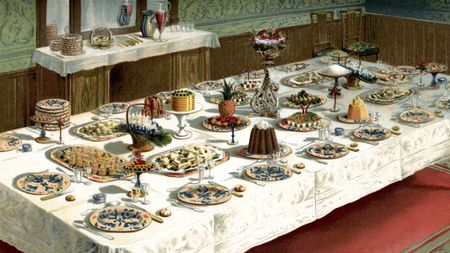
Four festive recipes from the Country Life Archive that have (thankfully) fallen out of favour
By Melanie Bryan
-





